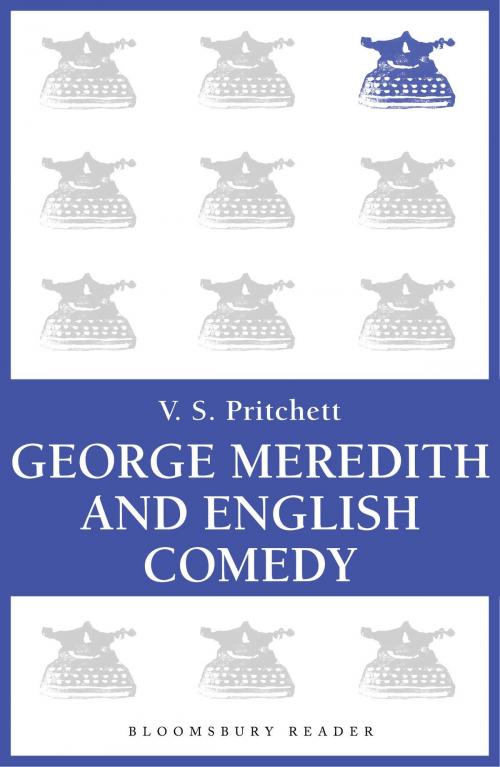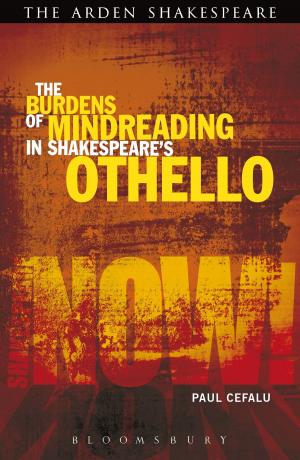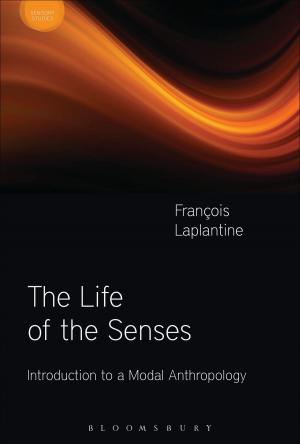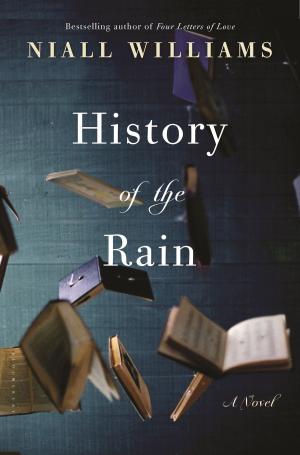George Meredith and English Comedy
The Clark Lectures for 1969
Biography & Memoir, Literary, Fiction & Literature, Literary Theory & Criticism| Author: | V.S. Pritchett | ISBN: | 9781448202089 |
| Publisher: | Bloomsbury Publishing | Publication: | September 28, 2011 |
| Imprint: | Bloomsbury Reader | Language: | English |
| Author: | V.S. Pritchett |
| ISBN: | 9781448202089 |
| Publisher: | Bloomsbury Publishing |
| Publication: | September 28, 2011 |
| Imprint: | Bloomsbury Reader |
| Language: | English |
'It is because we learn from the writers who have either got into difficulties or who have a certain vanity in creating them, that I have chosen Meredith as my subject', says Mr. Pritchett at the beginning of these Clark Lectures for 1969. The Meredith who, as Henry James remarked, 'did the best things best', but whose novels some critics have written off, was in some ways the forerunner of the contemporary novel, its erratic movement, its profusion of metaphor. His strange style was a device for linking his Romance to a real world, and Mr. Pritchett believes that the difficulties of this style have been in any case exaggerated. What he aimed at was comedy; but comedy 'conceived of as theatre'. 'The business of comedy is ruthlessly to expose the false emotions and the false image of oneself.' Meredith's great virtues as a writer of comedy were his power to analyse states of mind and his gift for slipping out of one mind into another. Mr. Pritchett illuminates these virtues no less than Meredith's defects with brilliant commentaries on Beauchamp's Career, The Ordeal of Richard Feverel, Evan Harrington, Harry Richmond and The Egoist. A passionate feminist, a romantic poet with a leaning to the mythic, a champion of intelligence and the values which spring from it, Meredith wrote novels whose originality can be clearly seen from Mr. Pritchett's fresh viewpoint.
'It is because we learn from the writers who have either got into difficulties or who have a certain vanity in creating them, that I have chosen Meredith as my subject', says Mr. Pritchett at the beginning of these Clark Lectures for 1969. The Meredith who, as Henry James remarked, 'did the best things best', but whose novels some critics have written off, was in some ways the forerunner of the contemporary novel, its erratic movement, its profusion of metaphor. His strange style was a device for linking his Romance to a real world, and Mr. Pritchett believes that the difficulties of this style have been in any case exaggerated. What he aimed at was comedy; but comedy 'conceived of as theatre'. 'The business of comedy is ruthlessly to expose the false emotions and the false image of oneself.' Meredith's great virtues as a writer of comedy were his power to analyse states of mind and his gift for slipping out of one mind into another. Mr. Pritchett illuminates these virtues no less than Meredith's defects with brilliant commentaries on Beauchamp's Career, The Ordeal of Richard Feverel, Evan Harrington, Harry Richmond and The Egoist. A passionate feminist, a romantic poet with a leaning to the mythic, a champion of intelligence and the values which spring from it, Meredith wrote novels whose originality can be clearly seen from Mr. Pritchett's fresh viewpoint.















